Luxor Technology is reshaping the bitcoin mining landscape by offering an extensive suite of services, including mining pools, hashrate derivatives, ASIC brokerage, and data analytics. These tools aim to support both small-scale and industrial miners by simplifying operations and minimizing risk.
Aaron Forster, Director of Business Development, joined Luxor in 2021 and has witnessed its growth from 15 to 85 team members. Drawing on a decade of experience in Canada’s energy sector, Forster now helps lead Luxor’s push into advanced mining and infrastructure.
At the core of Luxor’s offering is its Full-Pay-Per-Share (FPPS) mining pool model, which ensures miners receive steady payouts based on submitted shares, regardless of block discovery. This significantly reduces revenue volatility for miners. However, Luxor assumes this risk, backed by strategic financial partnerships.
Luxor also leads in ASIC brokerage, facilitating secondary market hardware sales across 35+ countries. Most deals involve matching buyers and sellers, though the company occasionally takes principal positions using its own capital.
In a bid to bridge traditional finance and crypto, Luxor launched the first hashrate futures contracts. These tools allow miners to monetize future hashrate for upfront bitcoin, enabling business expansion without owning physical infrastructure. Investors benefit by earning yield and gaining synthetic exposure to hashprice, appealing to institutions seeking lower-risk crypto exposure.
Looking ahead, Forster is excited by bitcoin mining’s convergence with AI. As AI demands scalable power infrastructure, mining companies like Luxor are exploring ways to pivot toward high-performance computing (HPC). He highlights the Core Scientific and CoreWeave partnership as a prime example of this evolution.
Luxor’s roadmap continues to adapt as bitcoin miners evolve into broader digital infrastructure providers, bridging Web3 and AI.






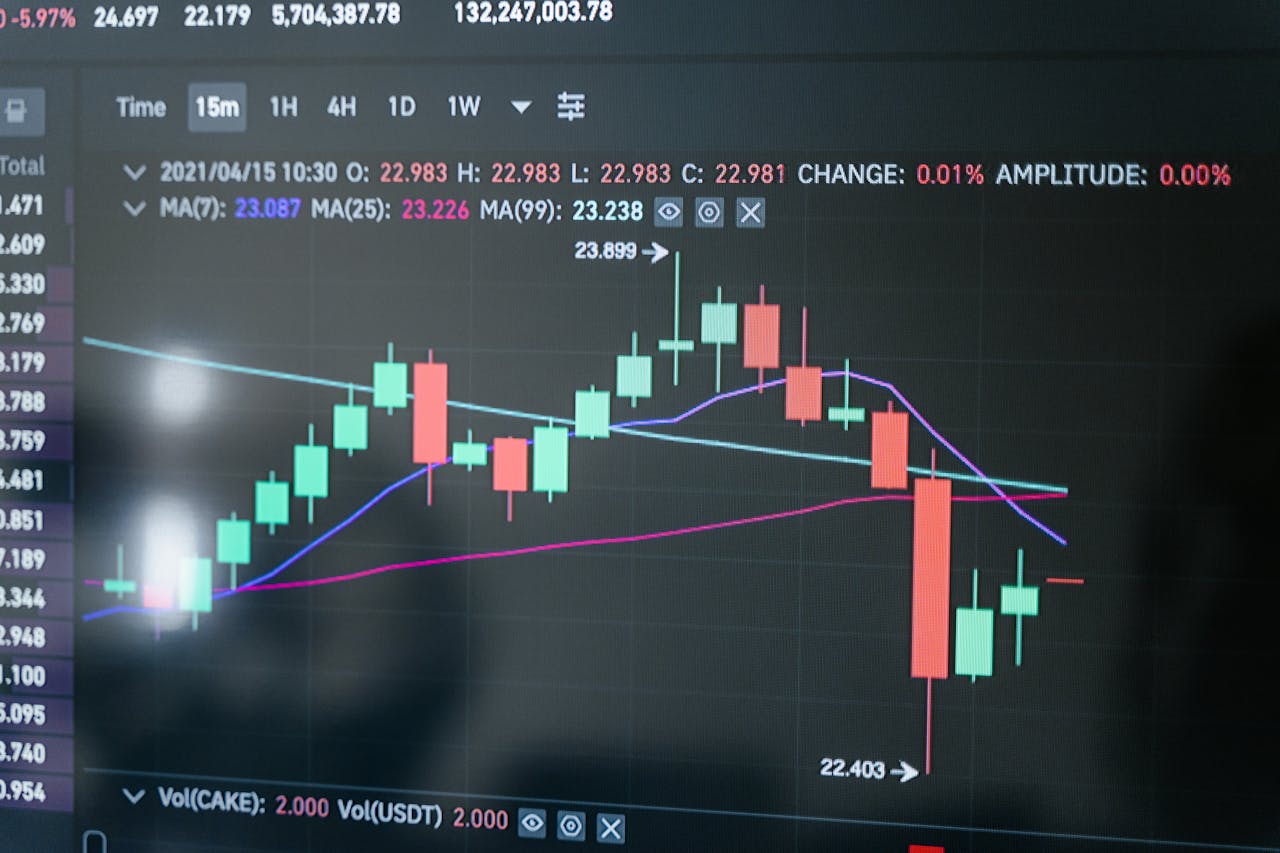

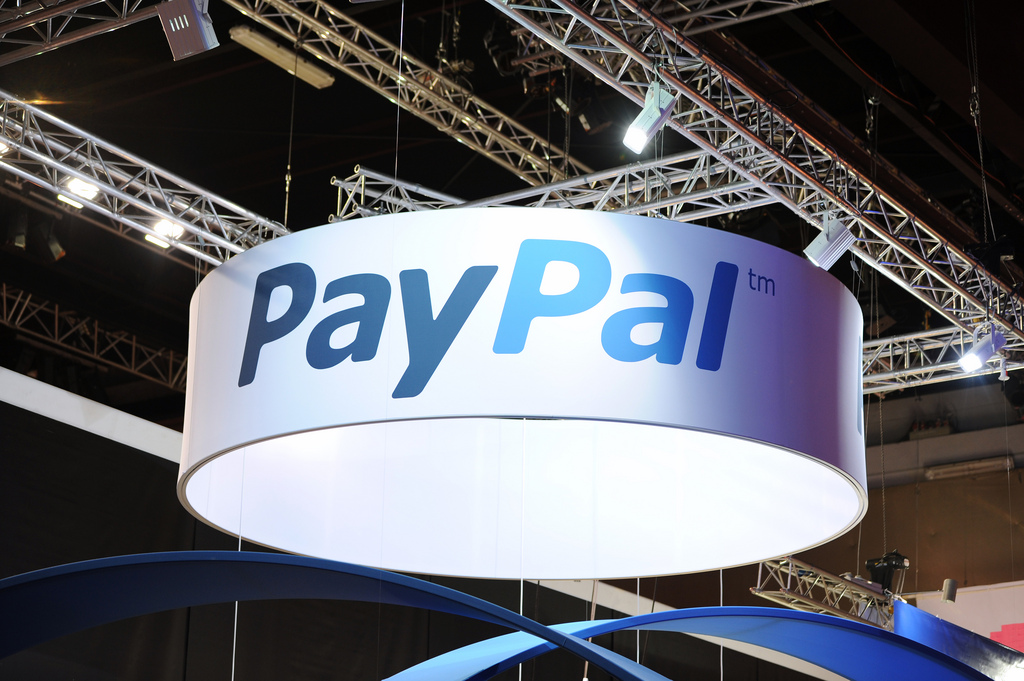
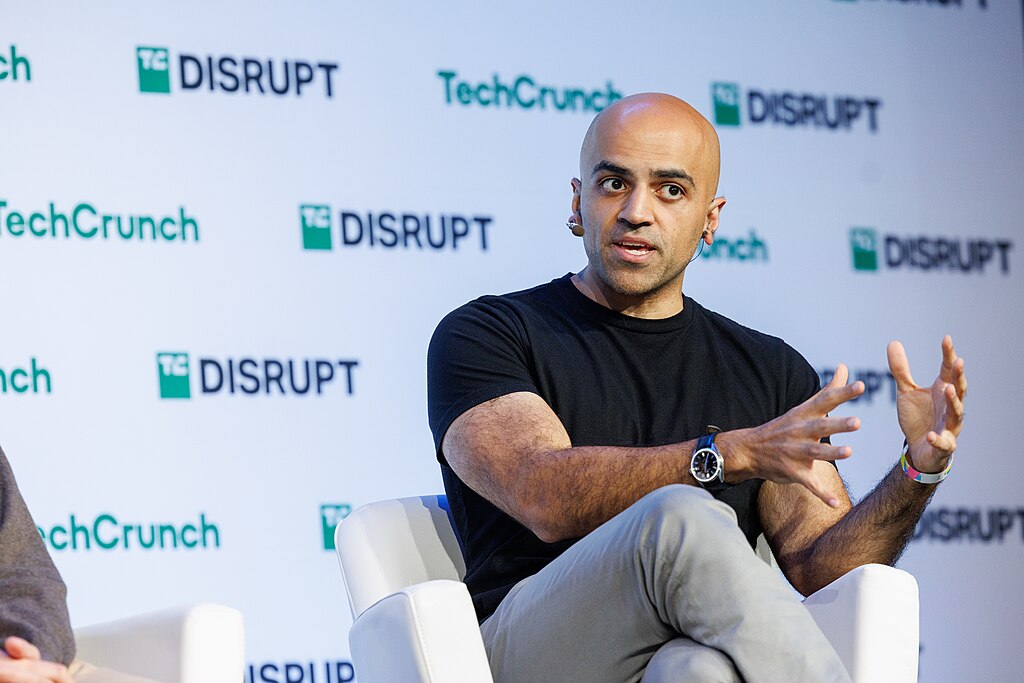



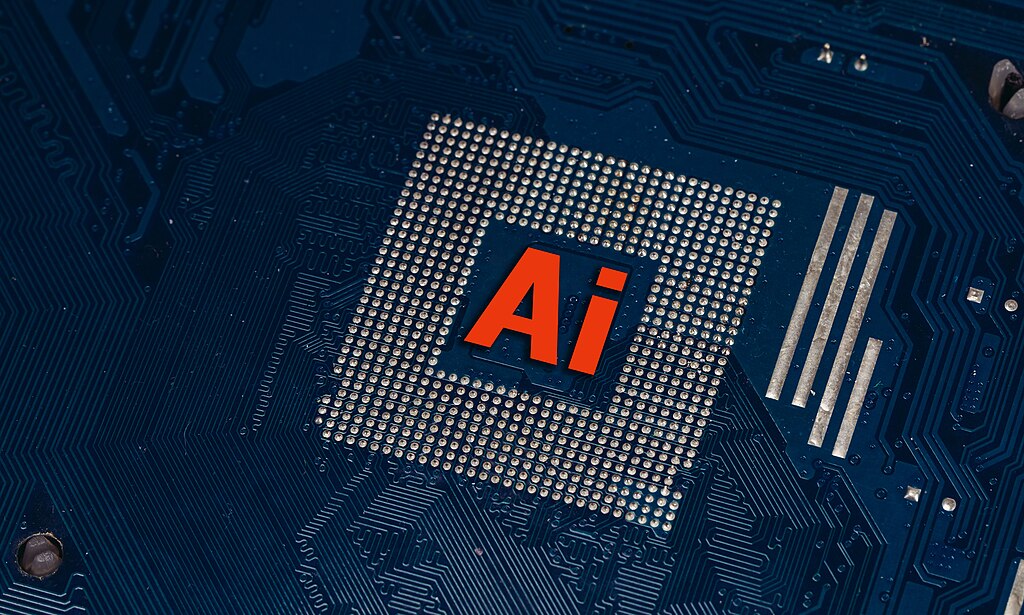







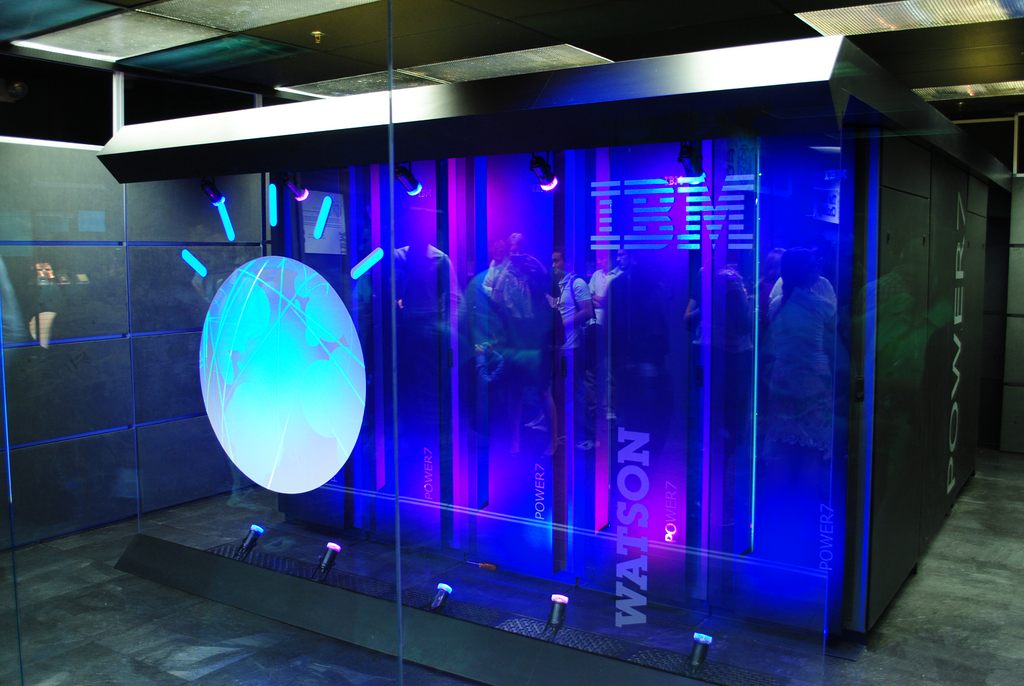




Comment 0